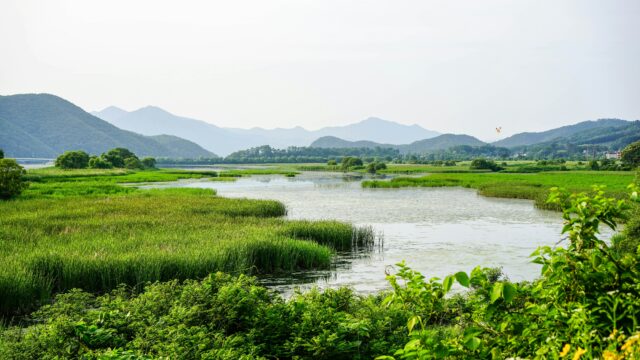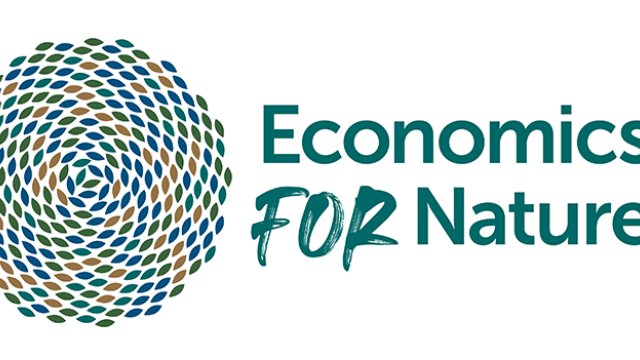Valuing Nature
Without nature there is no human life, there is no economy. But
nature rarely features in government and company balance sheets. The
Coalition is ensuring that nature has a voice in economic decisions.
“ Nature is like an angel investor in the global economy: financially significant, yet widely unknown”
Nature is our global life support system. Without it our economies cannot function, our societies cannot survive. Yet clean air, healthy soils, or any of the countless value that nature provides rarely make it onto a government balance sheet or a company financial statement.
Consider for a moment that over 500 million smallholder farmers make their living from healthy soils. Or that the Great Barrier Reef is worth $56 billion to the Australian economy and employs 64,000 people. Or that half of the $640 billion global pharmaceuticals industry is based on the genetic diversity of wild species. Nature is an asset too important to fail.
“ Over 500 million smallholder farmers make their living from healthy soils.”
Our position
For our members, valuing nature starts with people. We see that the people most connected to nature - poor people, indigenous communities, local groups - have the least economic power. They must have a voice at the policy table. We also see that resource efficiency alone will not be enough to reverse the decline of our natural world. What may seem economically rational at the level of a single business or locality, quickly becomes irrational in the context of a finite planet. Ecological limits must shape green growth plans or strategies at all levels of operation.
Our members understand that by putting a monetary value on nature can reveal how we all – communities, business, government – depend it. Quantifying the many economic, cultural, societal and spiritual benefits of say, a local wetland or global rainforest, can sharpen the minds of decision makers. Only when Costa Rica started to value their forests did the government see it's value as an asset to people as well as their economy. Only by quantifying how much of its financial capital relied on nature's capital did the UK’s largest landlord decide to invest in longer term climate change action.
But, for our members valuing nature can never just be an accounting exercise. Nature's value is as relevant in classrooms, church halls and homes as it is in boardrooms or statistical offices. Economic tools, such as natural capital accounts or payment for ecosystem services, must be accompanied by a wider and deeper conversation with relevant constituencies. Read more about our national dialogues.



